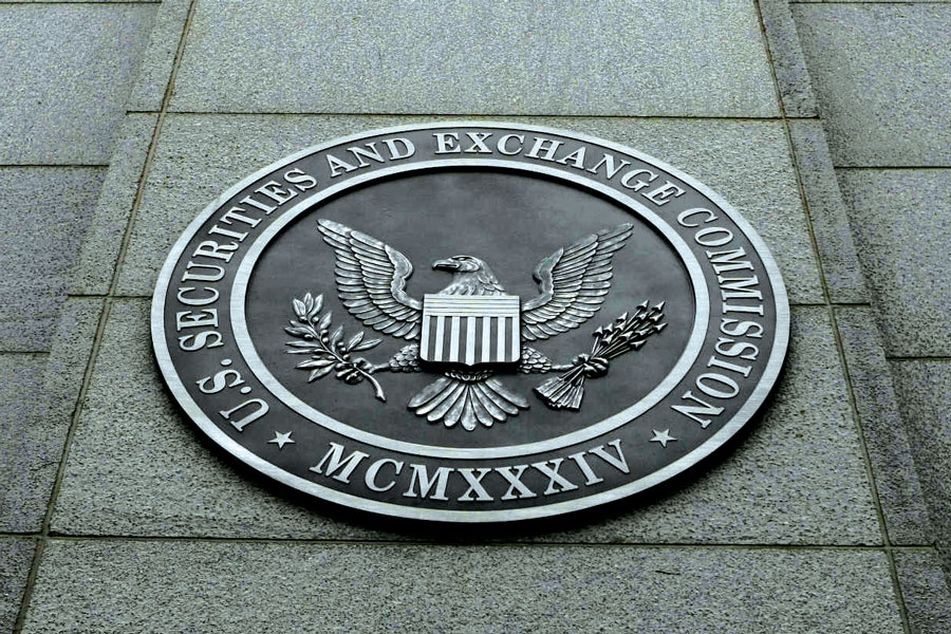SEC orders new enforcement hearings as a result of Supreme Court ruling

Agency orders 'do-overs' following Supreme Court ruling on appointment of in-house judges
The Securities and Exchange Commission will retry more than 100 enforcement cases initially decided by in-house judges who the Supreme Court ruled were not properly put in office.
Last week, the SEC issued an order ratifying the appointments of six administrative law judges to comply with the Supreme Court ruling issued earlier this summer. They were initially selected through a civil service process rather than being approved by SEC commissioners.
In the order, the SEC also said that the respondents in approximately 130 enforcement cases would be given the opportunity for a rehearing by an administrative law judge who had not previously heard the case.
“The assigned [judge] shall…not give weight to or otherwise presume the correctness of any prior opinions, orders or ruling issued in the matter,” the order states.
The new day in the SEC’s in-house court gives renewed hope for investment advisers, including financial radio host Raymond J. Lucia, who brought the Supreme Court case after the SEC fined and barred him for allegedly making misleading statements about his “buckets of money” retirement strategy.
Another case that has a chance to be reheard is the one involving J.S. Oliver Capital Management. In an August 2014 ALJ decision, the SEC fined the firm nearly $15 million and revoked its license for an alleged cherry-picking fraud involving hedge funds trades. The agency fined the firm’s founder, Ian Oliver Mausner, $3 million and barred him from the industry.
But a new hearing doesn’t guarantee new verdicts for Mr. Lucia and Mr. Mausner because the SEC almost always is victorious in cases it tries internally. A 2015 analysis of ALJ decsions by the Wall Street Journal found that the SEC prevailed in 90% of the cases.
“Given that winning percentage, the chances of a different outcome are unlikely,” said Todd Cipperman, principal at Cipperman Compliance Services.
The ALJs are supposed to look at the facts of the case and apply appropriate securities laws. “Assuming the ALJs did their jobs properly, the results should be the same,” said Steven Shore, managing partner at Ganfer Shore Leeds and Zauderer.
But Vincent P. “Trace” Schmeltz, a partner at Barnes & Thornburg, said that the outcome depends on which of the six SEC judges the respondents draw.
“If you get the right ALJ on a given day, your case can go in a diametrically different way,” Mr. Schmeltz said. “Some follow the law, carefully deliberate over the facts and weigh credibility in a reasonable manner. There are some who appear to find reasons to side with the commission.”
Mr. Mausner is going to resist appearing again before an ALJ. He will assert that the SEC still has not properly appointed its judges and that his case is too old to be reheard, according to his attorney, Andrew Morris, a partner at Orrick Herrington & Sutcliffe.
Mr. Mausner had appealed his case within the SEC and in federal court. During the appeals process, his fine and industry bar were stayed. His case was sent back to the SEC after the Supreme Court’s Lucia decision.
“We believe very strongly that we have a robust statute of limitations argument not to mention an equally strong appointments argument,” Mr. Mausner wrote in an email. “If they were to refile their baseless accusations, we would fight it just as we have resolutely fought them for the past eight years based on the principles involved and my complete innocence.”
Other respondents also are making the argument that the statute of limitations has run out on their cases. For instance, M. William Munno, a lawyer for brokers charged with violations relating to private placements, argued in a June 21 letter to the SEC that it would be “patently unfair” to require a new hearing for his clients “pertaining to events that are now, at a minimum, nearly a decade old.”
Mr. Cipperman doubts that the statute-of-limitations argument will prevail.
“It’s a bit of a Hail Mary, but we’ll see,” Mr. Cipperman said.
Learn more about reprints and licensing for this article.








